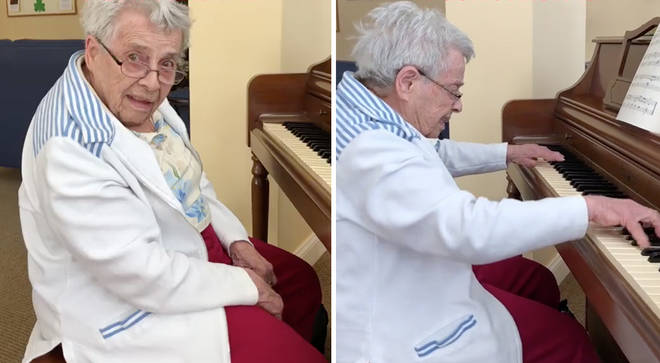... had to ‘white up’ for Swan Lake

French ballerina Chloé Lopes Gomes has accused Germany’s most prestigious ballet company of failing to protect her against multiple acts of discrimination and racism.
Berlin’s principal company has said it aspires to a zero-tolerance policy for discrimination and racism after its first Black female dancer, Chloé Lopes Gomes, claimed multiple counts of racial harassment.
Lopes Gomes, who joined the Staatsballett as a corps de ballet member in 2018, spoke out about her experience in November this year, to German magazine . She said she faced racial harassment at the Berlin company, saying she was repeatedly told her skin colour meant she did not fit in.
She specifically claimed racial abuse from her ballet mistress, who she said forced her to wear white makeup in a production of , to “blend in”. She claims the same teacher refused to give her a white veil for a performance of La Bayadère and said: “I can’t give you one: The veil is white and you’re Black.”
Lopes Gomes says the teacher told her on several occasions her skin colour was not aesthetically acceptable and used her to recreate a painting of a black dancer surrounded by white dancers, saying she would show her friends that the company “also has one of those”.

Lopes Gomes has accused the company of institutional racism, saying she told managers about the acts of harassment, but they failed to act.
In an with Pointe magazine, she claims she spoke several times to Johannes Öhman, co-artistic director at the time. “[He] said it was unacceptable but explained to me that she had a lifetime contract, which means you’re untouchable in Germany.”
The French ballerina, 29, has spoken out about a climate of fear at the company, which “meant that whilst my fellow dancers often felt uncomfortable at my treatment, they were mostly too scared to speak up.”
Several anonymous dancers have since backed up her account.
Lopes Gomes, who trained in Marseille and at the Bolshoi Ballet Academy and previously danced for the Ballet de l’Opéra de Nice, said she felt pride on joining in 2018. “It was the fulfilment of a childhood dream,” she The Guardian.
She said her position, as the company’s first Black female dancer, made her “happy that I had the chance to show other young black girls that they could do the same.”
(C) 2020 by ClassicFM London




